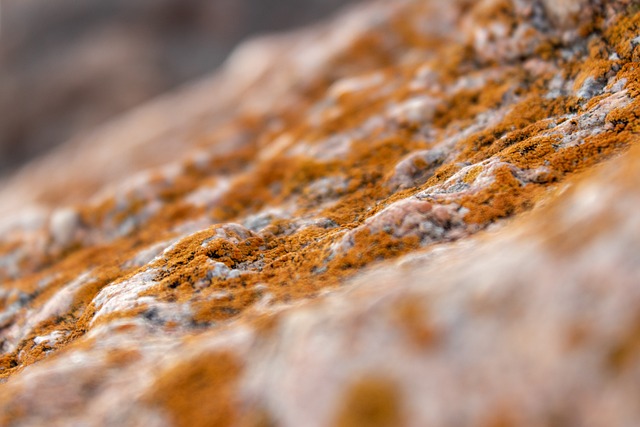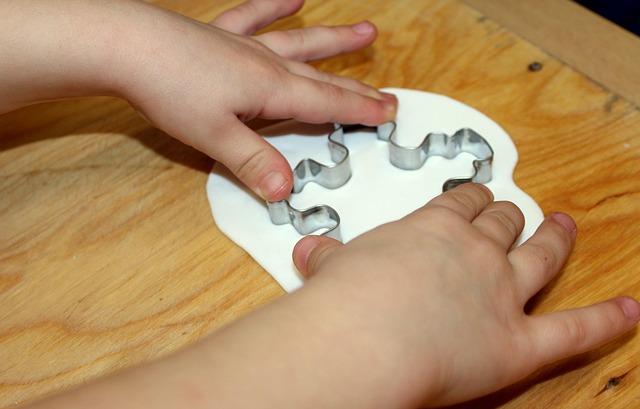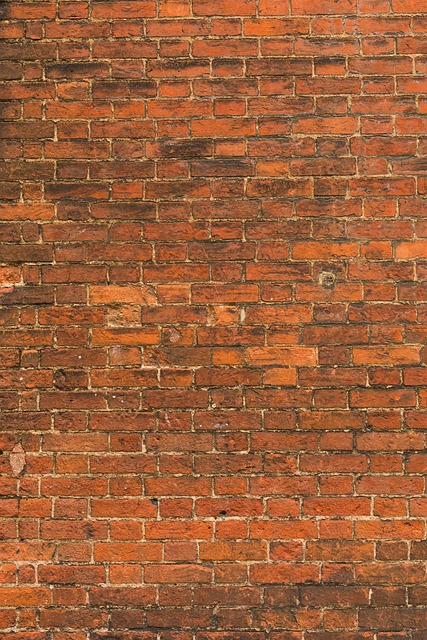Grout Sealing to Prevent Mold and Stains: Grout sealing is a crucial process for maintaining tiled surfaces, especially in humid areas like kitchens and bathrooms. It safeguards against mold growth, stains, and dirt by creating a protective barrier. The right sealer, whether silicone or urethane, offers tailored protection lasting years. Regular cleaning and re-sealing every 1-2 years extend its effectiveness. Choose licensed professionals for optimal results, ensuring your tiles stay clean, healthy, and aesthetically pleasing.
Grout sealing is an essential maintenance practice for any homeowner looking to preserve the beauty and longevity of their tile work. This article delves into the significance of grout sealing, highlighting how it acts as a protective barrier against mold, mildew, and stubborn stains. By understanding the potential dangers of unsealed grout, you’ll appreciate why local grout sealing services are a game-changer for maintaining a clean and healthy home environment. We’ll guide you through the process, offering insights on choosing the right sealer and ensuring optimal results.
Understanding Grout Sealing: Why It's Essential for Your Home

Grout sealing is a crucial process that protects your home’s tiled surfaces from one of their biggest enemies: moisture. Over time, grout can become susceptible to mold and mildew growth, especially in areas with high humidity or frequent water exposure. Sealing acts as a protective barrier, preventing liquids from penetrating the grout lines and creating an ideal environment for stains and fungi to thrive.
By sealing your grout, you’re not only enhancing the aesthetic appeal of your tiles but also ensuring long-term protection. It’s an essential maintenance step that can save you from costly repairs in the future. A sealed grout surface repels water, making it easier to clean and maintain. This is especially beneficial for areas like kitchens and bathrooms where grout is constantly exposed to moisture and potential stains from food, drinks, and other substances.
The Dangers of Unsealed Grout: Mold, Mildew, and Stains

Unsealed grout can pose a variety of issues for homeowners, particularly in humid environments where mold and mildew thrive. Without proper protection, grout lines can become breeding grounds for these unsightly and potentially harmful organisms. Mold and mildew not only detract from the aesthetic appeal of your space but also contribute to poor air quality inside your home or business.
Moreover, unsealed grout is susceptible to staining from various sources, including dirt, grease, and even water. Stains can quickly accumulate, making grout lines look discolored and uneven. Regular cleaning may temporarily mask these issues, but over time, the effort becomes increasingly tedious and less effective. Grout sealing is an essential step in maintaining a clean, healthy, and visually appealing space, effectively preventing mold, mildew, and stains from taking hold.
How Local Grout Sealing Services Can Help Prevent These Issues

Local grout sealing services play a pivotal role in preserving your tiles and preventing unsightly issues like mold and stains. By applying a protective layer to the grout, these professionals create a barrier that stops moisture from seeping through, which is a primary cause of mold growth. Additionally, grout sealing fills in microscopic pores, blocking any chance for dirt, grease, or other debris to embed themselves, thereby halting the development of stains.
Regular cleaning becomes more manageable with sealed grout as it repels water and makes it easier to wipe away surface dirt. This not only saves time and effort but also ensures that your tiles and grout stay looking fresh and clean. Moreover, preventing mold and stain issues can save you from costly repairs or replacements down the line, making local grout sealing services a worthwhile investment for any homeowner.
Choosing the Right Sealer: Types and Their Benefits

When it comes to grout sealing, choosing the right product is key to maintaining a clean and healthy space. There are several types of grout sealers available, each with its own unique benefits tailored to different needs. Silicone sealers, for instance, offer excellent water resistance, making them ideal for high-moisture areas like bathrooms and kitchens where grout sealing to prevent mold and stains is crucial. On the other hand, urethane sealers provide a more durable solution, suitable for heavy-traffic areas that experience frequent spills and dirt accumulation.
Understanding the differences between these options enables homeowners and property managers to make informed decisions. Silicone sealers are easy to apply and cost-effective, while urethane sealers require more specialized application but deliver longer-lasting protection. Regardless of choice, proper grout sealing not only enhances aesthetics but also safeguards against the growth of mold, bacteria, and stains, ensuring a fresh and clean environment for years to come.
The Application Process: What to Expect from Professional Grout Sealing

Professional grout sealing is a straightforward process designed to protect your tiles and prevent unsightly mold and stains from forming. It typically involves several steps that ensure optimal results. First, the area to be sealed is thoroughly cleaned to remove any existing dirt or debris. This careful preparation ensures that the sealant adheres properly. Then, a specialized grout sealer is applied using a brush or spray, evenly coating every crevice and corner. The sealer penetrates into the grout lines, creating a protective barrier against moisture and stains. After application, the sealer needs time to dry and cure completely, usually within 24 hours. During this period, it’s essential to avoid excessive water contact or harsh cleaning products to allow the sealant to set properly. Once cured, your grouts will be shielded from mold, mildew, and various stains, offering a renewed look and extended longevity for your tiled surfaces.
Common Questions Answered: Addressing Your Concerns

Many homeowners wonder if grout sealing is worth the investment, especially with concerns about potential mold growth and stain resistance. Grout sealing is a proactive measure designed to protect your tiles and grout lines from moisture intrusion and dirt accumulation, which are the primary causes of mold and stains. By creating an impermeable barrier, grout sealing prevents water from seeping into the tiny crevices where mold can thrive.
Additionally, sealed grout is easier to clean, as it repels dirt and makes it simpler to wipe away surface stains. This is particularly beneficial in high-traffic areas like kitchens and bathrooms. When considering grout sealing, remember that it’s a preventative step, so addressing issues early, such as repairing any existing mold or grout damage, will ensure better results and prolong the lifespan of your sealed grout.
Maintenance Tips: Ensuring Longevity of Sealed Grout

Regular maintenance is key to extending the life of your grout sealing and preventing future mold and stain issues. After initial sealing, it’s crucial to keep the grout lines clean and free from debris. This involves regularly sweeping or vacuuming to remove any dust, dirt, or loose particles that can compromise the seal. Additionally, use a mild detergent or grout cleaner along with warm water to deep clean the grout at least once a month. Avoid harsh chemicals which could damage the sealant.
To further protect against mold and stains, consider sealing newly laid or exposed grout lines immediately. Re-sealing every 1-2 years is recommended, depending on the level of foot traffic and environmental factors. Regular inspections can help identify any weak spots or areas needing touch-ups, ensuring that your grout remains sealed, clean, and free from unsightly stains for years to come.
Finding Reliable Local Grout Sealing Experts

When it comes to finding reliable local grout sealing experts, it’s essential to do your research thoroughly. Start by asking for referrals from friends or neighbors who have recently had their grout sealed. Online reviews and ratings can also provide valuable insights into a company’s reputation and quality of work. Look for professionals who specialize in grout sealing services, as they will have the necessary expertise and tools to ensure effective prevention of mold and stains.
In addition to referrals and online research, consider checking with local consumer protection agencies or trade associations. These organizations often maintain lists of licensed and insured contractors who adhere to industry standards. Verifying a company’s credentials ensures you’re working with professionals who prioritize quality and safety, ultimately saving you from potential issues down the line related to grout sealing to prevent mold and stains.
